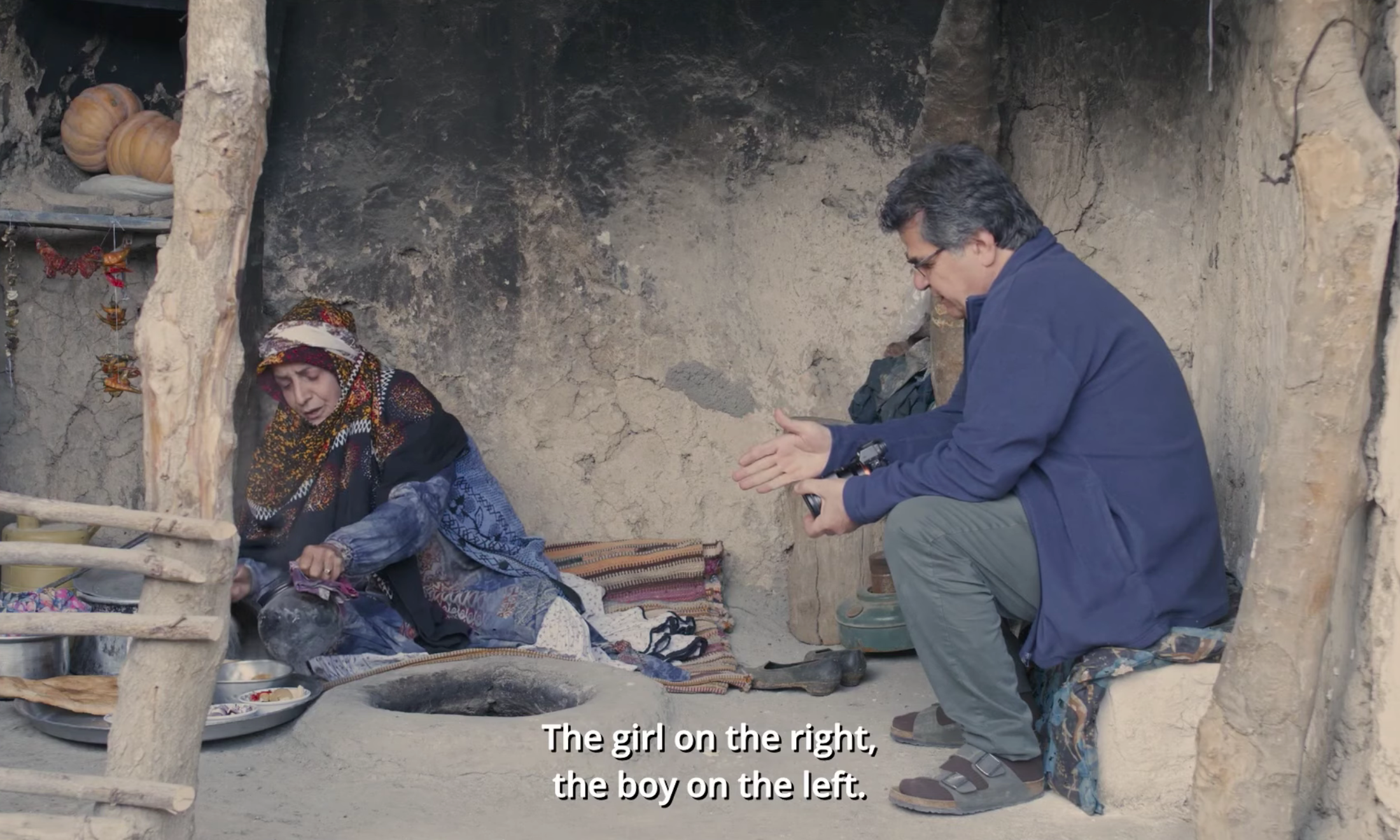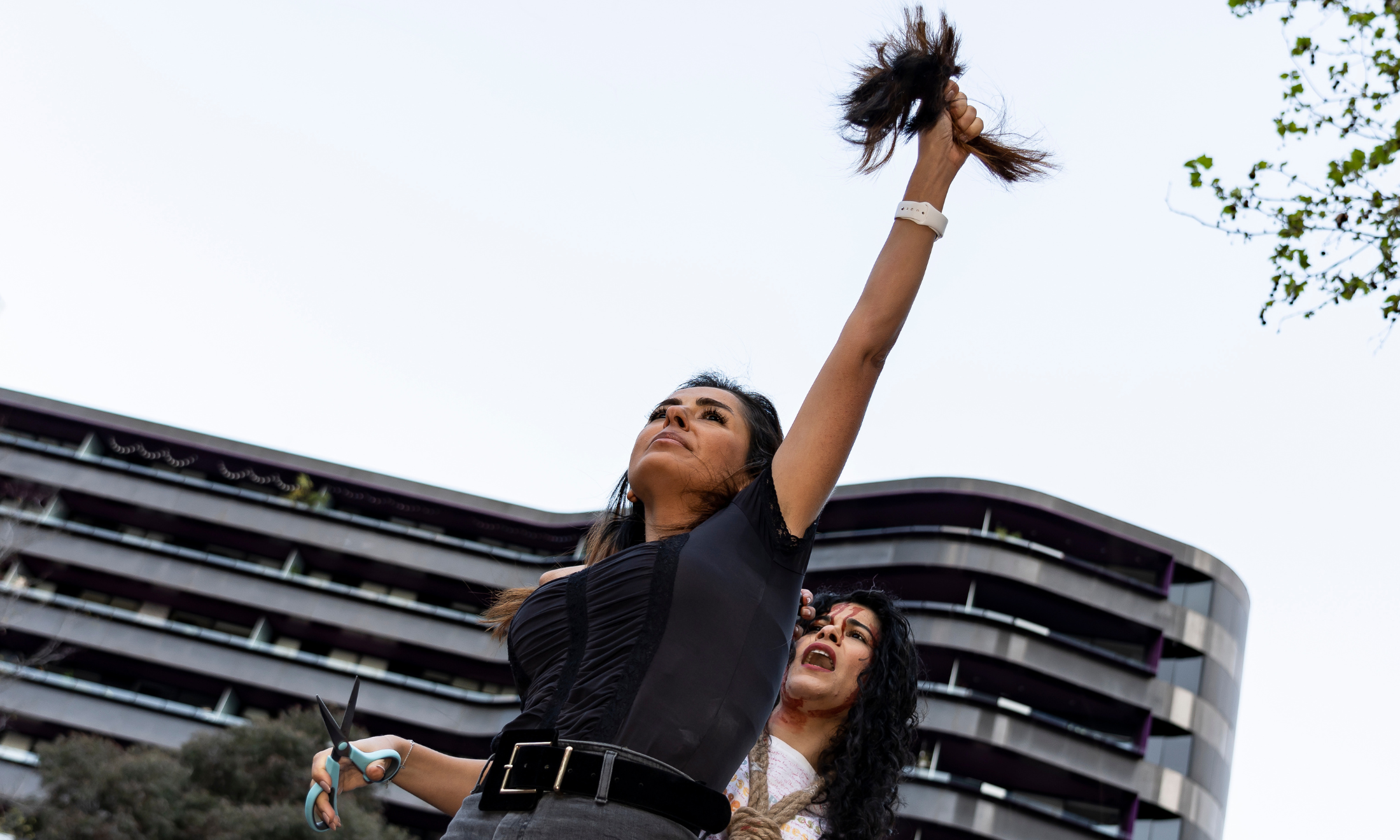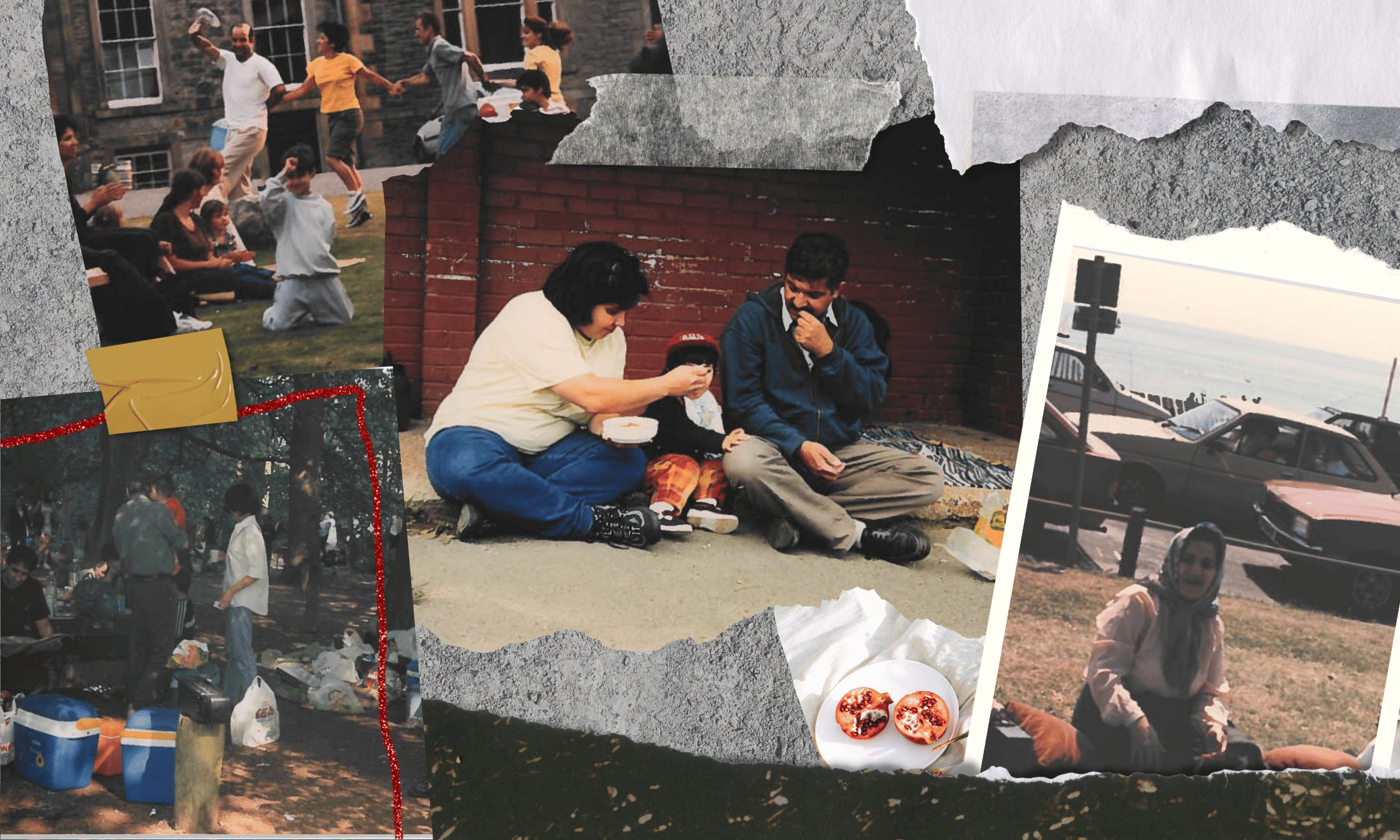
Canva
Why I’m no longer calling myself Persian
By equating modern-day Iran to Persia, I’ve been in denial about my own identity as well as the country’s rich history.
Parisa Hashempour
04 Aug 2021
I had always liked being Persian. I had liked being Persian like your IKEA imitation rug and your favourite squished-up feline faces on Instagram. I had even liked being Persian like a Hollywood movie bad guy and the shoutout we got on those plaques at the British Museum. When I tell people “I’m half-Persian”, I am really telling them half of my family comes from Iran. Though Iran and Persia have become diasporic synonyms, any British-born Roya, Rostam or Rana will tell you that uttering either word will garner wildly different responses. Iran is a place associated less with artisanally hand-woven carpets, and more with Islamic fundamentalists, nuclear politics, and the threat of World War Three.
Perhaps this goes some way to explaining why for the first 25 years of my life I offered up Persia when asked “where I was really from” — but in fact, to be from Persia would make me an anachronism. Until 1935, the name Persia was used internationally to describe the geographical area known today as the nation state of Iran. Named after the Parsa, Indo-European nomadic people who migrated to the region in 1000 BCE, the Persian empire spread from Ukraine to northwest India at its height. Today, that empire is long dead and ‘Persian’ instead refers to an ethnic group living mainly in Iran, but also in India, Tajikistan, Uzbekistan and Afghanistan. Though one can be an ethnically Persian person, the historical empire of Persia itself is a relic.
When you look Middle Eastern in the UK, you cannot grow up without hearing a racial slur, or the inference that you, a 12-year-old child, have links to international terrorist organisations. Offering up ‘Persian’ can provide a small amount of respite from the harmful stereotypes. Where Iran normally raises an eyebrow, Persia invites a nod of familiarity, and for fans of the film 300 and Rumi quotes, an enthusiastic follow-up.
“Where Iran normally raises an eyebrow, Persia invites a nod of familiarity, and for fans of the film 300 and Rumi quotes, an enthusiastic follow-up”
Persia, with its thumbs-up of approval from the Classics graduates who wield the sceptre of Westminster, is seen as something separate from the rest of the Islamic world. This manifests as the idea of Persian exceptionalism: the problematic notion that Persians are somehow different from, and better than, other Middle Eastern ethnic groups due to historical Western approval and an imagined proximity to whiteness. What I had not realised is that by hiding behind this exceptionalism I was unwittingly distancing myself from the modern-day Middle East and the many complex and contradictory ways one can exist as a diasporic Iranian, beyond Western connotations of fundamentalism and terror. Carried by the current of early 21st century discourse which centred Samuel P. Huntington’s ‘Clash of Civilizations’, I had drunk the kool-aid and unconsciously picked a side.
But this image of my father’s homeland was imagined. By hiding behind Persia I was undermining my regional neighbours and diminishing my own cultural reality. Crucially, I was upholding the dangerous precedent of Persian ethnocentrism — the belief that the Persian way of life is superior to other Iranian ethnicities — and I was missing the opportunity to educate others that there’s more to Iran than Western headlines.
Along with up to 61 per cent of Iran, my father’s family is ethnically Persian. I am also part-Azeri, the country’s second largest ethnic group. But Iran is also made up of Kurds, Bakhtiaris, Baluchis, Arabs, and many others. After the fall of European economic imperialism in the early twentieth-century, the then-monarch, Reza Shah, pushed for global adoption of the name Iran. While ethnic minorities have faced persecution in Iran, ‘Iranian’ has nevertheless become an identity under which people from all ethnic groups can unitedly self-define. Thus, equating Persianness to Iranianness is to deny the very existence of these groups, and a luxury other Iranians cannot afford.
“I was upholding the dangerous precedent of Persian ethnocentrism — the belief that the Persian way of life is superior to other Iranian ethnicities”
The first time I realised this might be a problem was while holidaying in Spain pre-pandemic. I met a guy from Los Angeles and — when prompted to explain my far from English-rose appearance — told him my father is from Iran. Los Angeles (aka Tehrangeles), is home to up to half a million Iranians. So when he told me I was the first Iranian he had met, I was stunned. He was fascinated in turn. Then, I mentioned being Persian in passing. He seemed confused. It transpired that he had met plenty of Persians before; he just hadn’t linked them to Iran.
Choosing Persian over Iranian is not without consequence, or in fact, intention. For some, that intention is simply to remain safe. This is particularly true for my parents’ generation who experienced racism following the American embassy hostage crisis of 1979 to 1981. For others, it is an ideological statement. There are many who fled Iran in the wake of revolution who wish to distance themselves from the Republic. Nevertheless, the history of the word ‘Iran’ predates the revolution and Islamic government, and the reality is that obscuring our Iranianness abroad harms us all.
“We are hiding from and behind our history, and distancing ourselves from the present-day realities facing our homeland and regional neighbours”
Iran’s etymology is not without problems. Many people still believe the myth that Iran equals ‘Land of the Aryans’: an invented idea emphasising proximity to Europe, circulated as propaganda in school textbooks. This imagined link to Aryanness was a convenient narrative helping Europeans explain the ancient civilisations of India and Persia at the height of eugenics, separating them from persecuted semitic groups of Arabs and Jews. Many older generations of Iranians still hold onto this belief today, facilitating the anti-blackness, antisemitism and anti-Arab sentiment that is still so insidious within our communities. The irony is that the same Persians distancing themselves from Iran call on the word to highlight their almost-whiteness.
By renouncing Iran until we need it to score superiority points, we are really obscuring our truth. We are hiding from and behind our history, and distancing ourselves from the present-day realities facing our homeland and regional neighbours. We are making ourselves invisible. So if you ask about my heritage, the first word you will hear is Iran. Because yes, I am Persian. But I am Iranian first.









